Improving Financial Health of RMG Workers Policy Frameworks and Future Pathways

Swisscontact Bangladesh, in collaboration with the University of Liberal Arts Bangladesh, MetLife Foundation, and The Daily Star, organised a roundtable discussion titled, "Improving the Financial Health of RMG Workers in Bangladesh: Policy Frameworks and Future Pathways" on October 31, 2024. Here we publish a summary of the discussions.
Swisscontact Bangladesh, in collaboration with the University of Liberal Arts Bangladesh, MetLife Foundation, and The Daily Star, organised a roundtable discussion titled, "Improving the Financial Health of RMG Workers in Bangladesh: Policy Frameworks and Future Pathways" on October 31, 2024. Here we publish a summary of the discussions.
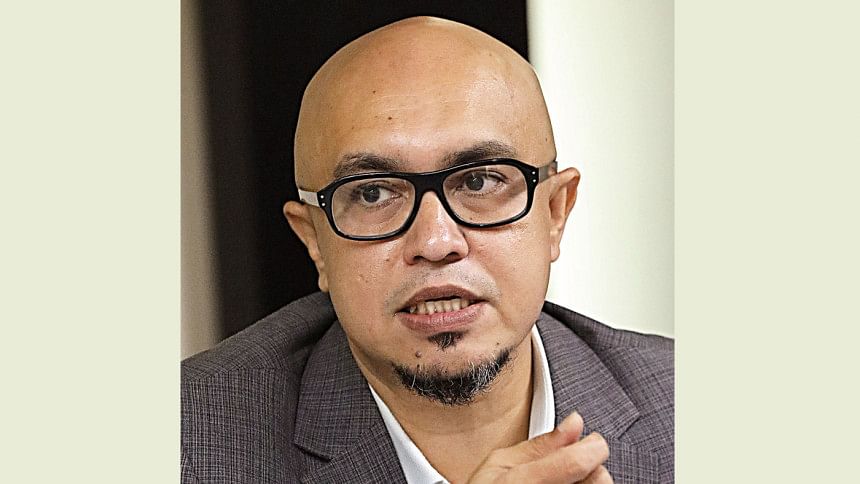
Razik Fazle,Head of Programme, Swisscontact Bangladesh
The RMG sector has long been the backbone of our country's economy. Yet, despite its significance, the financial inclusion of 4.2 million workers within this industry—especially accessing appropriate, affordable and customized financial products has been a persistent struggle.
Over the past seven years, the Sarathi project has worked to promote the financial inclusion and well-being of RMG workers. Through our experience, we have learned that a one-size-fits-all approach does not work for this low-income segment. RMG workers have specific financial needs, from saving for emergencies to managing irregular income streams and accessing affordable credit. They also face unique barriers, such as limited financial literacy, lack of collateral, and the absence of a formal credit history. Addressing these challenges requires innovation, cross-sector collaboration, and a deep understanding of their lived experiences.
As the 'Sarathi – Improving Financial Health' project officially closes today, we want to use this roundtable as a platform to bring together a diverse group of stakeholders—our partners, financial institutions, regulators and experts—to continue the conversation on how we can design and offer financial products tailored to meet the unique needs of low-income RMG workers.
I would like to extend our gratitude to our partners and supporters, especially those of you who are here today and share your commitment with us. In the past years, your support has been invaluable, and I firmly believe that together, we can shape a future where RMG workers can easily access the financial products and services they need to achieve greater financial security and resilience.

Sajid Amit, Director – Center for Enterprise and Society, University of Liberal Arts Bangladesh
Over half of our RMG sector workers—54 percent—are already using digital wage payments. Digital financial services like bKash and Rocket have made it easier for workers to receive wages, remit money, and pay bills, offering greater convenience and security while reducing their reliance on cash and the associated risks. Banks such as Bank Asia, Dhaka Bank, Dutch Bangla Bank, and City Bank are also advancing by providing access to digital wallets, mobile banking apps and ATM networks. Despite these advancements, several significant challenges remain.
On the demand side, many RMG workers face obstacles in accessing formal financial services. One of the main barriers is the mismatch in timing between factory and banking hours, which prevents workers from accessing the services they need. On the supply side, the costs associated with infrastructure, staffing, compliance, and marketing can be prohibitively high when serving lower-income groups, which often leads to the neglect of tailored services for RMG workers. Banks, focused on efficiency and larger clients, struggle to apply traditional credit scoring methods to RMG workers, many of whom lack formal credit histories or collateral.
To bridge these gaps, several strategies can be implemented. Financial literacy interventions can improve understanding of financial products. Offering health coverage alongside a savings plan could provide a critical safety net for workers. Encouraging RMG factories to provide written contracts and pay slips would stabilize income and increase workers' access to financial services. Moreover, collaboration with microfinance institutions (MFIs) and NGOs to create accessible, low-cost savings accounts could improve savings and financial stability for RMG workers. Insurance providers also have a role to play by partnering with MFIs to integrate insurance into savings products specifically for the RMG sector.
For private banks, leveraging fintech solutions to create alternative credit scoring models based on behavioural data can open access to nano-loans for workers without formal credit profiling. A successful example is Tanzania's MPawa platform, which provides mobile savings and micro-loans based on users' savings behaviours.
From a regulatory perspective, several actions could drive progress. Introducing a Credit Guarantee Scheme (CGS) to share credit risk between Bangladesh Bank and private banks would encourage more lending to lower-income groups. Allowing MFIs to engage in agent banking could reduce operational costs and increase outreach. Additionally, mandating banks to allocate part of their lending portfolio to nano-loans for low-income groups would also be a crucial step forward.
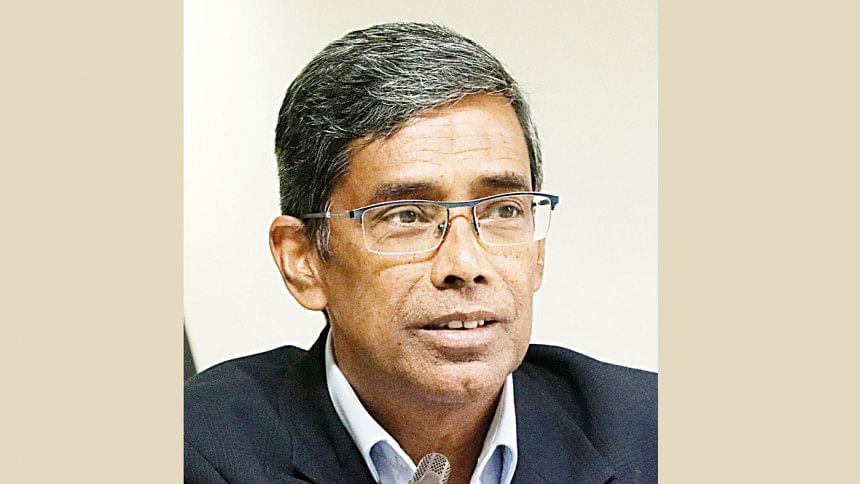
Md. Arfan Ali, Chairman, Zaytoon Business Solutions
There is a growing interest in ensuring financial security for RMG workers. However, studies show that 38 percent of RMG workers still believe that having a bank account is unnecessary.
One of the challenges is that our banking policies do not fully address the needs of marginalised populations, especially as private banks are primarily commercially oriented and not mandated to support these groups. Although the Central Bank has policies in place, enforcement remains limited. To promote financial inclusion, policy adjustments are needed. For example, all RMG employers should ensure that their workers have bank accounts, especially with the banks from which the employers take loans, to facilitate easy disbursement of salaries.
To make this viable for banks, we need to introduce commercial incentives for them through technology and sustainable business models. Partnerships between fintech companies, banks, and MFIs could play a significant role, with the Central Bank establishing appropriate pricing regulations.
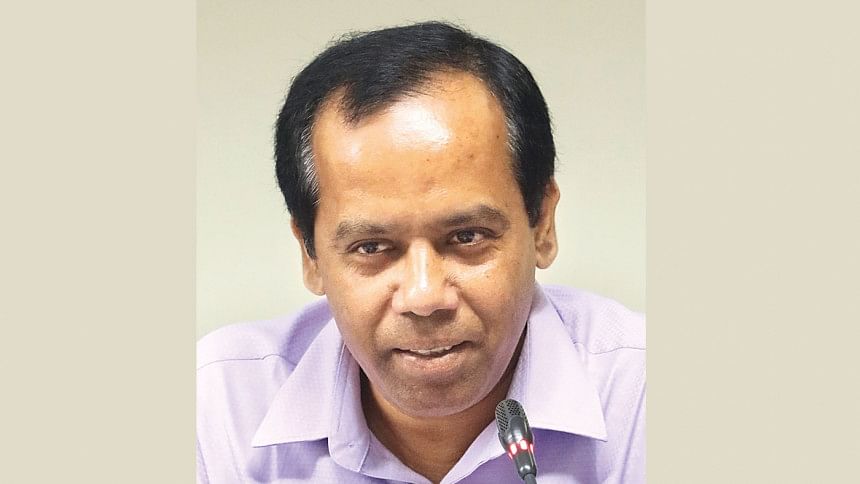
Mohammed Rashed,President, Digital Finance Forum Bangladesh
The Payment Settlement Systems Act was enacted in July 2024 and is set to strengthen digital payment regulations and governance, streamline the approval and piloting processes for fintech solutions, and provide for alternative credit scoring and private credit bureaus.
We know financial inclusion means offering more affordable financial solutions, particularly by addressing bank's high transaction costs. This is why legal provisions for alternative credit scoring are crucial; without a proper legal framework, a market for these solutions cannot fully develop. The new law permits data sharing across financial service providers and other data points for offering financial products.
Now, stakeholder engagement, collaboration and capacity building are crucial for fostering a healthy digital finance ecosystem. To achieve this, the Digital Finance Forum Bangladesh is actively partnering with both the public and private sectors.
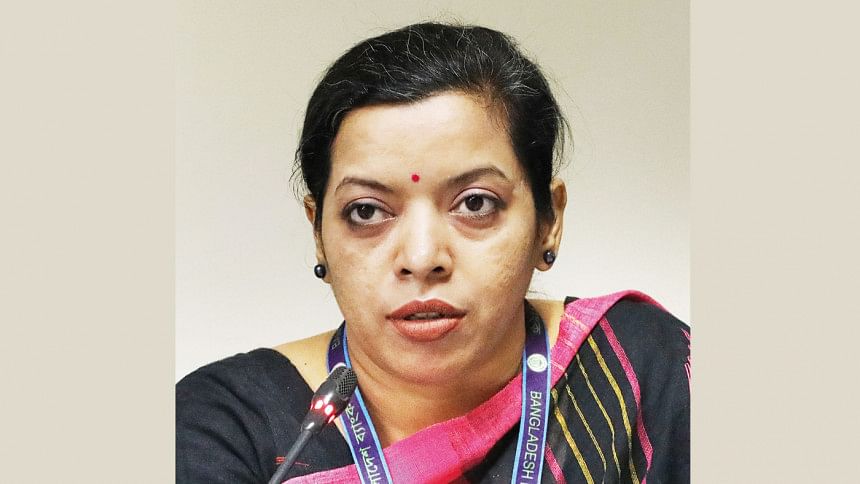
Shoheli Afrin,Additional Director, Bangladesh Bank
Bangladesh Bank has made strides in content creation to promote educational material for financial inclusion. So far, we have produced six videos containing information on school banking, remittances, women entrepreneurs, SMEs, and other related topics. The content is easily accessible to reach the target group. However, there are some barriers to overcome, including issues related to digital security, which require attention from consumers as well.
Media has also played a role in raising awareness. For example, Bangladesh Bank has been awarded the "Global Youth Award" for financial inclusion after competing with 84 other central banks across the world. Success stories like these need to be highlighted by the media to build trust.
In terms of RMG workers, we need to find ways to engage owners to realise our vision of financial inclusion for them. We hope to see visible improvements on that front within 2 to 3 years.

Md. Forhad Mahmud, Head of Mobile Banking Division & Head of Financial Inclusion, Dutch Bangla Bank
We disburse the salaries of 2.5 million workers every month through Rocket. Recently, we have seen a notable improvement; the tendency of workers to withdraw their entire salary on the day of disbursement is decreasing day by day. A crucial aspect of our strategy to achieve this has been raising awareness of the various services offered by Rocket, such as cash transfers, bill payments, and mobile recharges.
In terms of affordability, while the market has grown, the commission structure for cash-out of mobile money has not kept pace. This needs to be improved to make financial inclusion more commercially viable for service providers and institutions. Simultaneously, customer charges and costs for banking and tailored products need to be reduced.
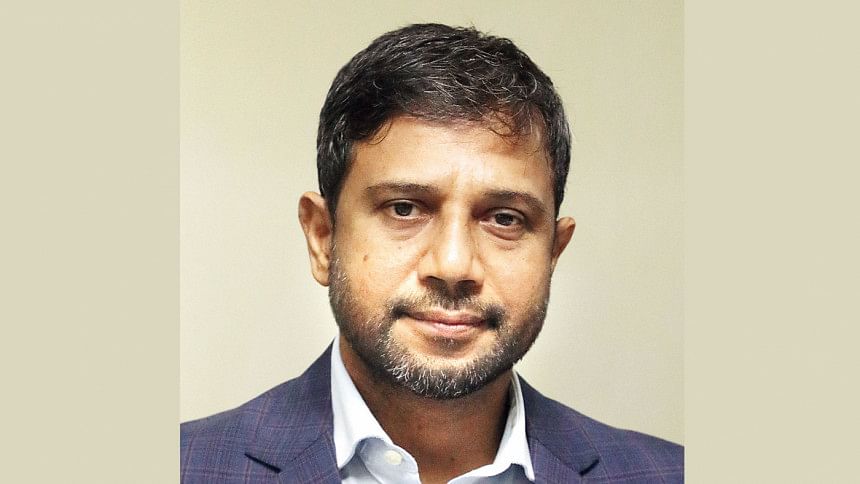
Mohammad Ziaul Hasan Molla, Deputy Managing Director, Bank Asia
Bank Asia, a leader in financial inclusion, has successfully extended real-time digital banking services to underserved communities through its agent banking model. It reaches last-mile customers, including RMG workers, via branches, agent points, micro merchant networks, and RMG digital banking booths, adapting its services to meet specific needs.
To further strengthen Bank Asia's financial inclusion efforts, additional support in areas such as technical assistance for product development, financial literacy tools for customer education, and ecosystem support for digital payments could greatly enhance impact and drive usage among low-income groups.
In addition, to promote financial inclusion in Bangladesh, partnerships between financial institutions and fintechs are essential to meet growing demands for personalised, digital financial services. Banks can leverage fintech advancements—like AI, blockchain, and big data analytics—to enhance customer satisfaction and streamline financial operations.
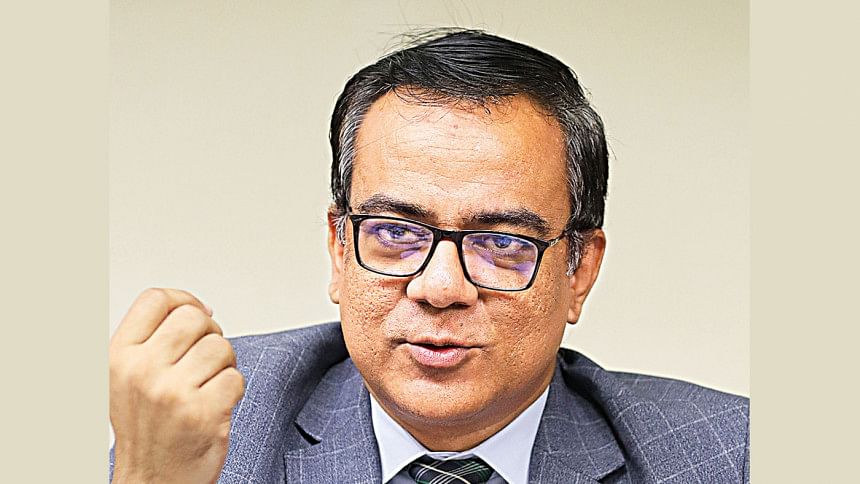
Mosleh Saad Mahmud, Head of Cash Management & Liability Marketing, Dhaka Bank
We collaborated with Sarathi to provide digital loans and nano-savings through MFS for RMG workers. One of the key obstacles we faced was that many workers did not have traditional banking accounts. This lack of access means they cannot save, build a credit score, or maintain banking data. Additionally, RMG workers often lack access to smartphones or other devices needed to utilise the tech solutions we aim to implement. Consequently, the approach needs to be simplified and accessible.
To address this, Bangladesh Bank introduced an e-KYC-based account opening process, which enabled us to open a substantial number of accounts directly from the field, totalling approximately 1.5 lakh accounts through an app without requiring any hard copy papers. While this progress is significant, other challenges persist. For instance, setting up ATMs operated by third parties could help reduce the cost for the banks and thus for the customers and increase the number of banking accounts.
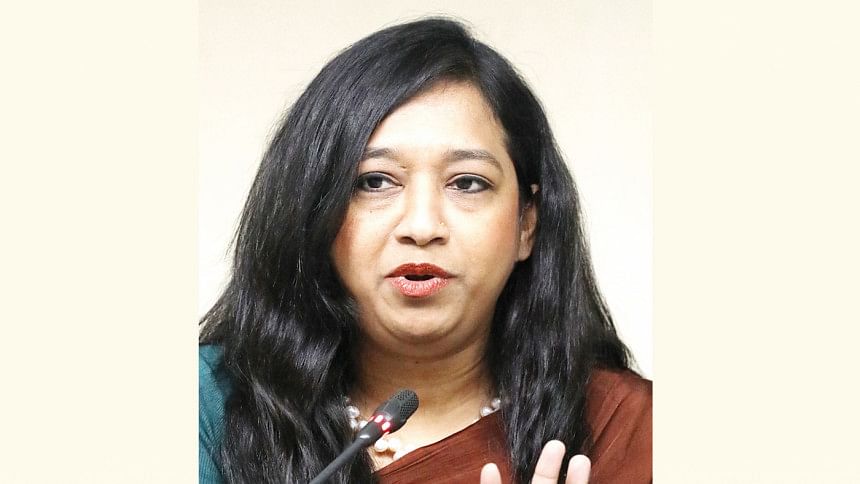
Rumana A Tulee, AVP, Agent Banking Division, Bank Asia
We have identified four key factors for financial inclusion: accessibility, convenience, appropriate products, and literacy. Bank Asia currently serves 7 million customers, 64 percent of whom are women. Our Agent Banking has effectively addressed accessibility and convenience. For products, we have introduced low-ticket deposits starting from BDT 100, and we continue to develop tailored products to encourage usage. What we now require is a coordinated effort from all fronts to comprehensively address all four factors.
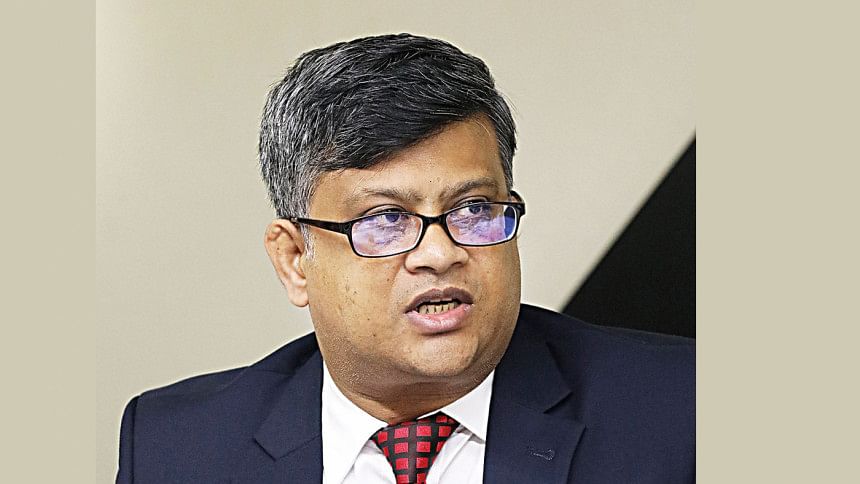
Ahmed Shamsul Huda, National Business Manager (Rocket), Dutch Bangla Bank
We have successfully covered 50 percent of RMG workers through formal salary disbursement methods, and this progress will certainly continue. We are also simultaneously promoting financial literacy. I believe that we need more cross-industry collaboration, for example, with the telecom industry, to significantly enrich our database and help us with KYC-related challenges.
Meanwhile, regulatory bodies can establish specific guidelines to manage transaction costs and implement a ceiling to make it more consumer-friendly. Additionally, competition in the mobile payment services industry can drive consumer benefits under the significant market share policy.
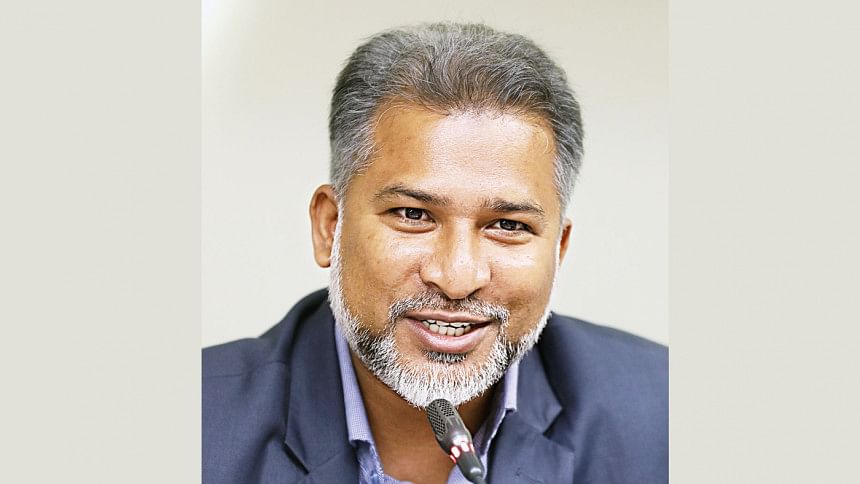
Sk Khalidujjaman, Associate Director & CMO, Waadaa.Insure
In the context of Bangladesh, insurance remains largely a myth. The biggest hurdle is the mindset towards the concept of insurance. We lack appropriate products, and there are significant operational inconveniences, compounded by regulatory challenges and trust issues. Nonetheless, there have been some wonderful initiatives since 2016, thanks to international organisations like Swisscontact, SNV Bangladesh, Brac, UNCDF and UNDP. These organisations have encouraged local insurers to think outside the box and move beyond the traditional perception of insurance. Now, the micro-insurance market is improving, and we are hopeful that we can reach a larger population through a commercially viable option. Regarding the RMG sector, we need to tailor our products to meet the needs of the population and align with those needs, and this is something we are willing to work on.
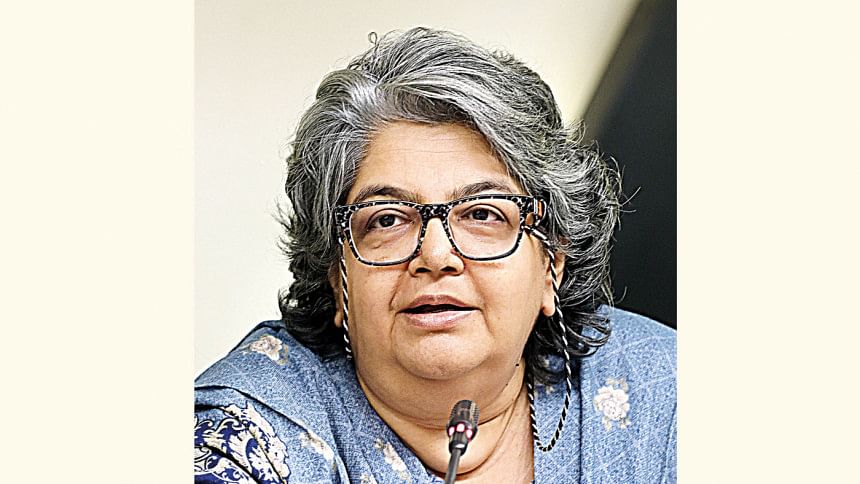
Parveen S Huda, Managing Director, Consulting & Research Gateway
The ground reality of financial inclusion for women is that they often do not have rights over their own income. We cannot include more marginalised women in financial inclusion without the social development of their rights and capacity development for managing their money. Tailoring products to address structural barriers—such as restricted mobility and limited financial literacy—can help enhance women's access to necessary financial services.
Recognising cultural norms, like women's privacy needs in mobile money services, is also crucial. By integrating features that ensure security and protect transaction alerts, financial products can empower women to retain control over their finances, reducing the risk of unauthorized access. To create lasting financial inclusion, however, we should not merely expand financial access for marginalised women without broader social development efforts.
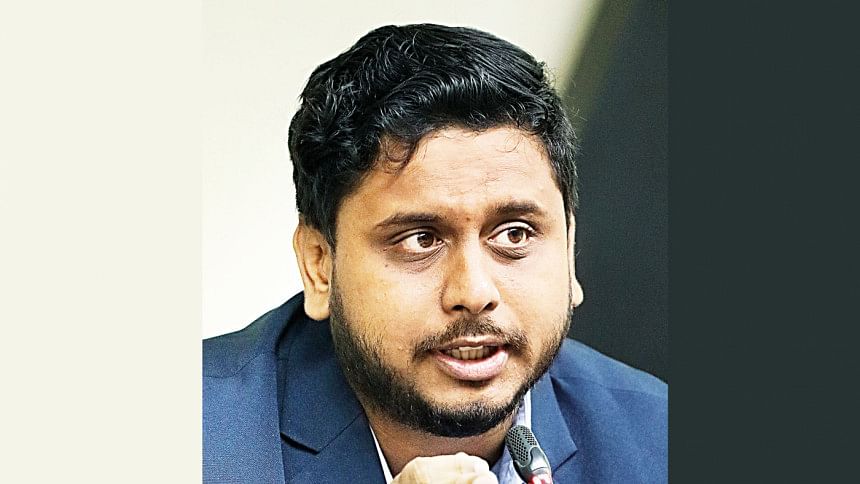
Shariful Islam Chowdhury, Project Officer, United Nations Capital Development Fund (UNCDF)
UNCDF has a strategic performance and policy tool—the Inclusive Digital Economy Scorecard (IDES), which provides a comprehensive tool to assess a country's digital economy. It evaluates four key building blocks: policy and regulation, infrastructure, innovation, and skills. According to the IDES, Bangladesh scored 82 out of 100, which indicates strong policy frameworks in place. However, the innovation and skills scores are 44 and 56 out of 100, respectively, which still have considerable opportunities for growth.
It is important to note that financial inclusion goes beyond just providing access to accounts. The initial step of opening an account is crucial, but achieving true financial inclusion is a more complex, long-term behavioural journey. We need to focus on innovation that reaches last-mile people through an assistive model and promotes behavioural change.
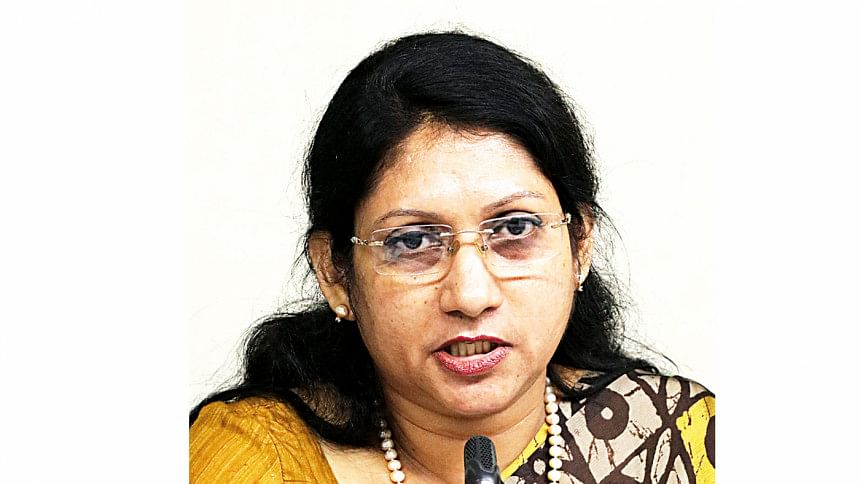
Tahmina Khan Majlish, CEO, Digital Finance Forum Bangladesh
For financial inclusion to be truly effective, it is crucial to approach the issue from the perspective of end users. Individuals must feel secure, confident, and empowered to engage with formal financial institutions. This can be achieved by simplifying services and providing them in local languages, as fostering awareness is key to building trust within diverse communities.
Additionally, considerations of cost, convenience, and accessibility (in terms of proximity and time) play a vital role in enhancing user engagement. A balanced approach that combines both bottom-up and top-down strategies is essential to address these needs comprehensively.
Financial institutions can play a key role in empowering users to manage their sensitive financial information independently, minimizing their reliance on intermediaries.
Additionally, services should prioritize data privacy by implementing measures such as password-protected SMS notifications. This combination of empowerment and security is crucial to building lasting confidence in financial systems. Telecom companies should also collaborate with us to enable users to manage sensitive financial information independently, without reliance on others. Furthermore, services should be password-protected to safeguard data privacy.
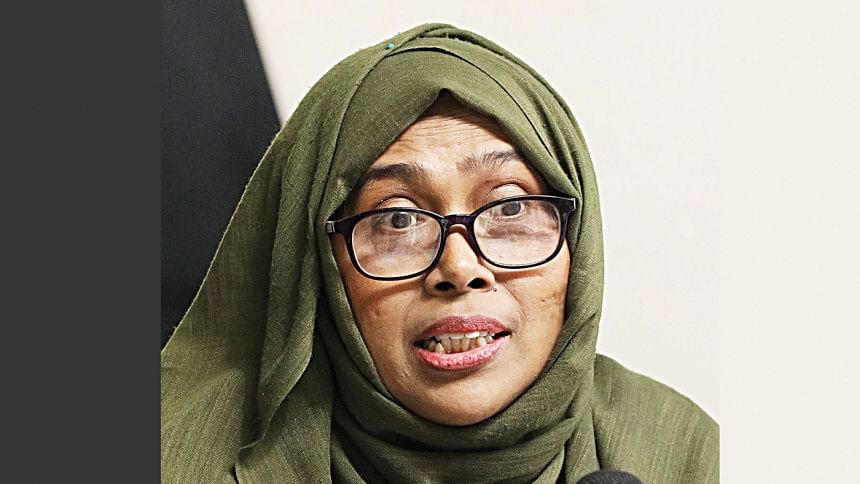
Tasmina Rahman, Managing Director, Grameen Trust
Grameen Trust, through its collaboration with local organisations across 44 countries, has been successfully implementing microcredit programs following the Grameen Bank's model. One of their key initiatives, the New Entrepreneur Program, equip rural unemployed youth with the right resources to start and run a sustainable business.
We found that designing financial products tailored to the specific needs of the target segment is critical for ensuring that financial services are accessible and relevant. Moreover, strong collaboration between banks and MFIs is also essential. Such partnerships can ensure that financial products reach the most underserved communities and help marginalised youth, particularly women, to access financial products and services.
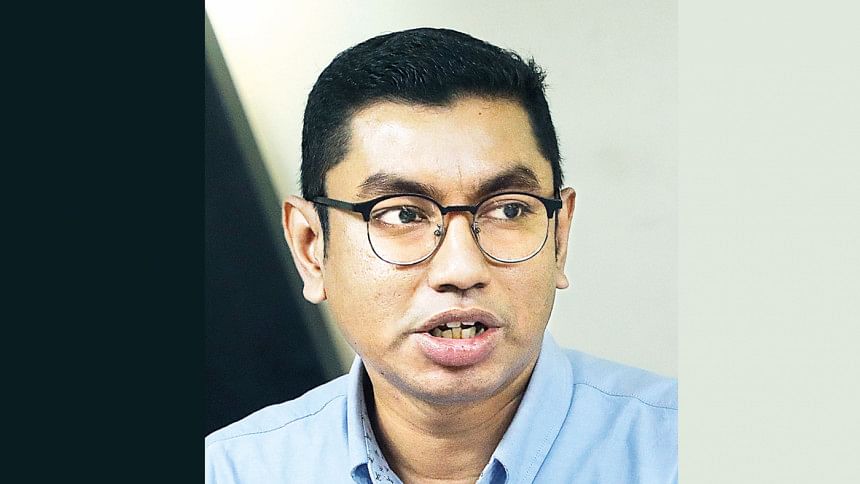
Tanjim Ferdous, In-charge, NGOs and Foreign Missions, The Daily Star
Despite advancements, poor financial and digital literacy among RMG workers, combined with limited smartphone ownership and internet access, impedes the use of financial products. One of the core challenges stems from the informal nature of employment within the sector. The absence of formal contracts limits access to banking services, making it difficult for workers to secure loans or understand financial products.
To overcome these challenges, a shift in mindset is necessary among all stakeholders. Moreover, it's essential to convey to the RMG workers that formal banks offer a secure option for savings, particularly in terms of the time value of money. Additionally, addressing cultural and religious misconceptions about banking—such as concerns regarding interest rates for loan products—is vital for increasing trust and participation in the financial system. The path to resilience for Bangladesh's RMG workers is paved with policies that are inclusive and centred on their needs—ensuring they not only gain access to financial tools but also feel confident and secure in using them.

Md. Sajib Hossain, Senior Assistant Secretary, BKMEA
BKMEA has a strong, positive stance on the financial inclusion of RMG workers. We not only care for our business interests but also prioritise our workers' well-being. To this end, we established our social compliance cell in 2009, funded by GIZ. We hope to continue similar projects that cater to the financial inclusion of our workers and other aspects of inclusion.
Recommendations
- Offer SMS-based lessons at factories to teach workers about financial products e.g. mobile money, loans, savings and insurance.
- Require factories to pay wages through mobile banking or bank accounts to help workers save and manage money better.
- Set up a group from the government, factories, banks and NGOs to focus on financial inclusion for RMG workers and ensure solutions are put in place.
- Encourage banks to work with MFIs and NGOs (through agent banking) to reduce operational costs and create easy-access financial products tailored for RMG workers.
- Introduce a Credit Guarantee Scheme (CGS) where Bangladesh Bank and private banks share credit risks, making loans more accessible for workers.
- Promote automatic savings, where a small part of workers' earnings can automatically go into savings, helping them save consistently.
- Pair health insurance with savings plans to provide a financial safety net for workers.
- Utilize behavioural data from fintech tools to assess credit scores, making it easier for workers to access loans.
- Encourage factories to support financial institutions to offer emergency funds, payroll advances and savings plans to help workers improve their financial resilience.
- Identify and work on social barriers and cultural norms that discourage female workers from using financial services and promote inclusive financial products.

 For all latest news, follow The Daily Star's Google News channel.
For all latest news, follow The Daily Star's Google News channel. 



Comments